 by Adrian Bradley, CEO ARMA
by Adrian Bradley, CEO ARMA
The link between health and economic activity has become a central focus of policy. New analysis from the ONS and NHS England, highlighted by the King’s Fund, shows how health and work are closely connected. Poor health reduces employment and productivity, and long NHS waiting lists hold people back from returning to work. Improving musculoskeletal (MSK) health will undoubtedly deliver major economic benefits. Fewer people in pain means fewer absences, more people able to stay in work, and greater productivity.…
Read more of this article

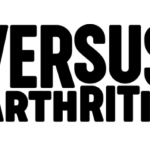
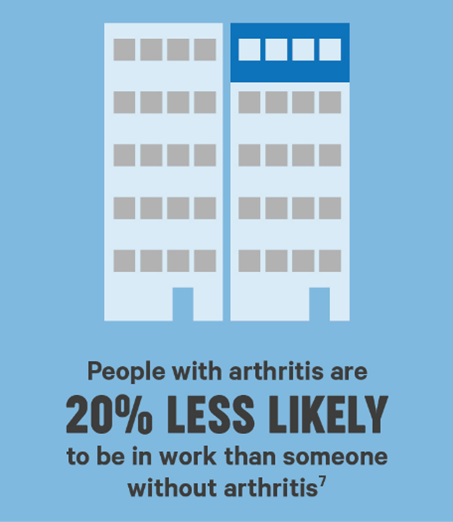

 GIRFT is getting started on a £3.5m programme of activity working with 17 ICBs with the highest waiting lists for elective community MSK services.
GIRFT is getting started on a £3.5m programme of activity working with 17 ICBs with the highest waiting lists for elective community MSK services.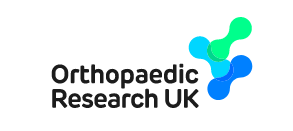

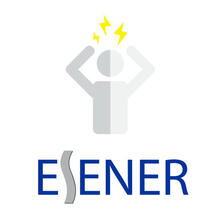 Psychosocial risks and work-related musculoskeletal disorders: exploring the links and prevention strategies
Psychosocial risks and work-related musculoskeletal disorders: exploring the links and prevention strategies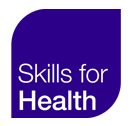

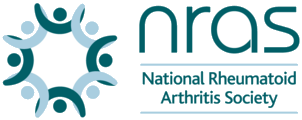 In July and August 2020, NRAS ran a survey asking about the impact of the Covid-19 lockdown on the working lives of people living with rheumatoid arthritis or another form of inflammatory arthritis.
In July and August 2020, NRAS ran a survey asking about the impact of the Covid-19 lockdown on the working lives of people living with rheumatoid arthritis or another form of inflammatory arthritis. Workplace health: long-term sickness absence and capability to work
Workplace health: long-term sickness absence and capability to work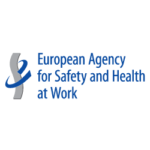
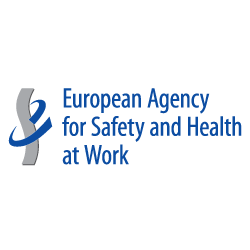 A new resource on MSDs for workplaces – ‘Conversation Starters for workplace discussions on musculoskeletal disorders’ – is now available online from the European Agency for Safety and Health at Work (EU-OSHA).
A new resource on MSDs for workplaces – ‘Conversation Starters for workplace discussions on musculoskeletal disorders’ – is now available online from the European Agency for Safety and Health at Work (EU-OSHA).